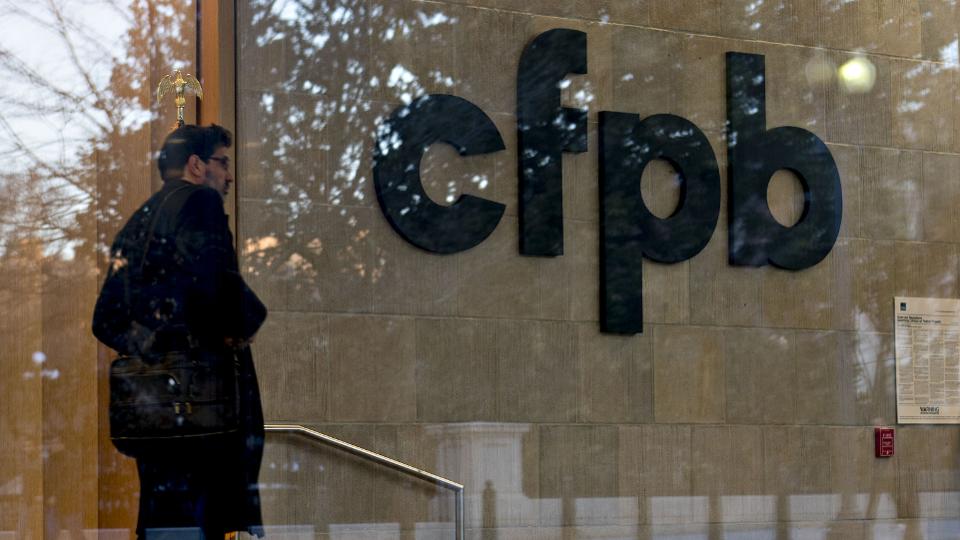Press Releases
Hearing Highlights: The CFPB Steps Up for Military Families

WASHINGTON, DC — The Community Financial Services Association of America (CFSA) was on the defensive today as the Senate Committee on Banking, Housing, and Urban Affairs celebrated the Consumer Financial Protection Bureau’s (CFPB) history protecting servicemembers, veterans, and their families from nefarious financial actors. A new review from government watchdog Accountable.US found that key CFSA members have railed against interest rate caps on military lenders and faced millions in fines for violating the Military Lending Act—adding to their resume of anti-consumer actions.
The Consumer Financial Protection Bureau is making sure servicemembers, veterans, and their families get the fair economic shake they deserve. These loan sharks—who have notoriously overcharged servicemembers and their families in violation of the Military Lending Act—bemoan even the most basic level of regulation. While they are the near-constant subject of enforcement fines from the CFPB, make no mistake: If they had their way, servicemembers, veterans, and their families would be left with no recourse or strong consumer protections.”
Liz Zelnick, Director Of Accountable.Us’ Economic Security & Corporate Power.
HEARING HIGHLIGHTS
WATCH: “You can’t say you support #veterans, you can’t say you support servicemembers…while you’re trying to tear down the
@CFPB.
…military families don’t have high-priced lobbyists, they don’t have corporate lawyers, they have the CFPB.” — @SenSherrodBrown
The @CFPB is the sole federal financial regulator devoted to addressing the specific threats American servicemembers, veterans, and their families face from the shady financial industry.
Losing their protection would be devastating.
Payday lenders and their collaborators are trying to dismantle the @CFPB, the only agency with a department dedicated to fighting for the consumers’ rights of veterans.
If they’re successful, it would be a disaster for veterans.
.@SenWarren: “You know, this is what the @CFPB does best. It identifies a problem that affects thousands, sometimes millions of people, and then it takes direct action.”
